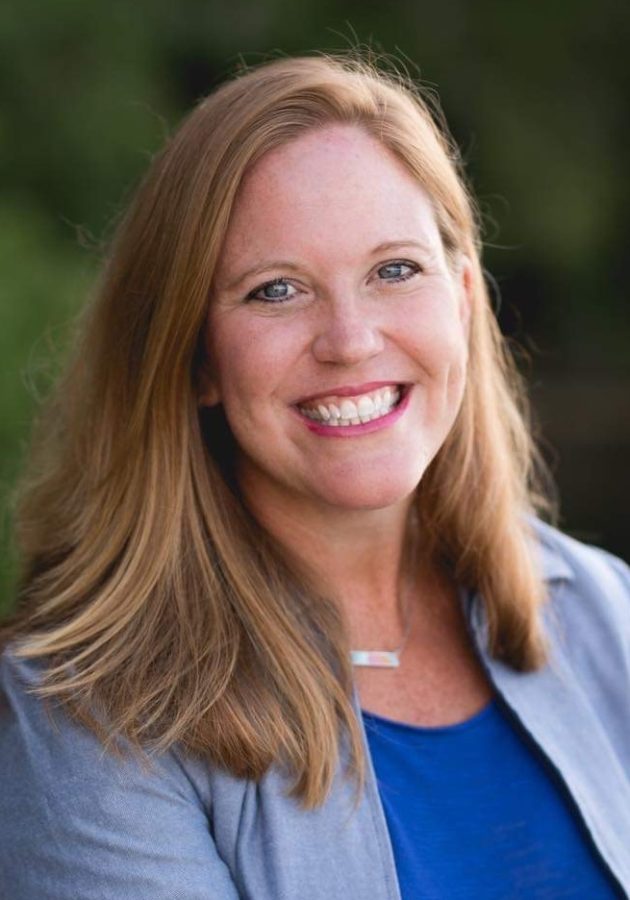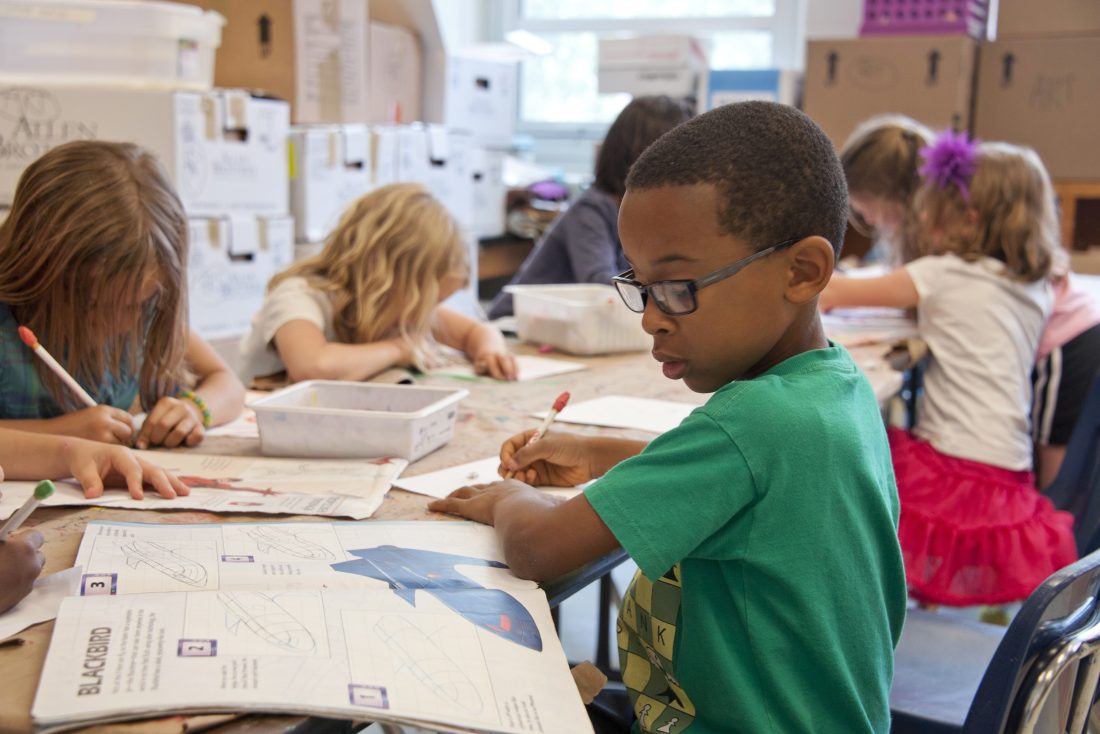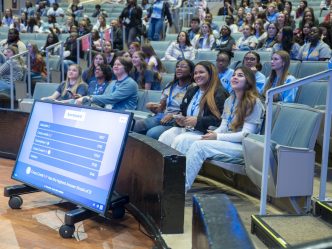Students will be back at the bus stop with school starting soon, but what can parents expect as their children return to the classroom after the effects of the pandemic years?
Dr. Stacie Pettit, associate professor in the College of Education at Augusta University, said not being in the classroom full time has had an impact.
Pettit said it’s documented that reading scores are down and many students were unaccounted for during at-home learning. But students also developed other skills during this period of time.
“On one hand, you can’t completely make up for learning loss,” said Pettit. “Teachers just need to assess where students are and both students and teachers do the best you can from this point. On the other hand, students didn’t just stop learning altogether. There are important life and family skills that were gained during quarantine and the months after. I believe we should look at students from ‘funds of knowledge’ perspective rather than a deficit lens in order to recognize the cultural resources that a student’s household contains.”
She added some students did become isolated and will need to relearn social skills, but many found a lively community online through social media during the pandemic.
“On one hand, you can’t completely make up for learning loss,” said Dr. Stacie Pettit. “Teachers just need to assess where students are and both students and teachers do the best you can from this point. On the other hand, students didn’t just stop learning altogether.”
Pettit also pointed out students are resilient, as well as teachers. They didn’t stop teaching, but rather found new skills in instruction to make learning accessible in the new reality.
There are some challenges going back to in-person instruction after the last couple of years.

“Overcoming fear they’ve picked up through other people and the news,” she added. “Feeling uncomfortable with their faces exposed after getting used to hiding behind a mask and dealing with germ phobia. Students also have the additional challenge of another recent school shooting in Uvalde, so not only are they getting used to being back in school full-time, but they also have safety concerns.”
Pettit added there are still a few groups of students who could struggle being back in the classroom full time.
“Certainly kids who missed kindergarten. Students from foster care. Students in special education who didn’t have the support they needed during at-home learning.”
 Augusta University
Augusta University




